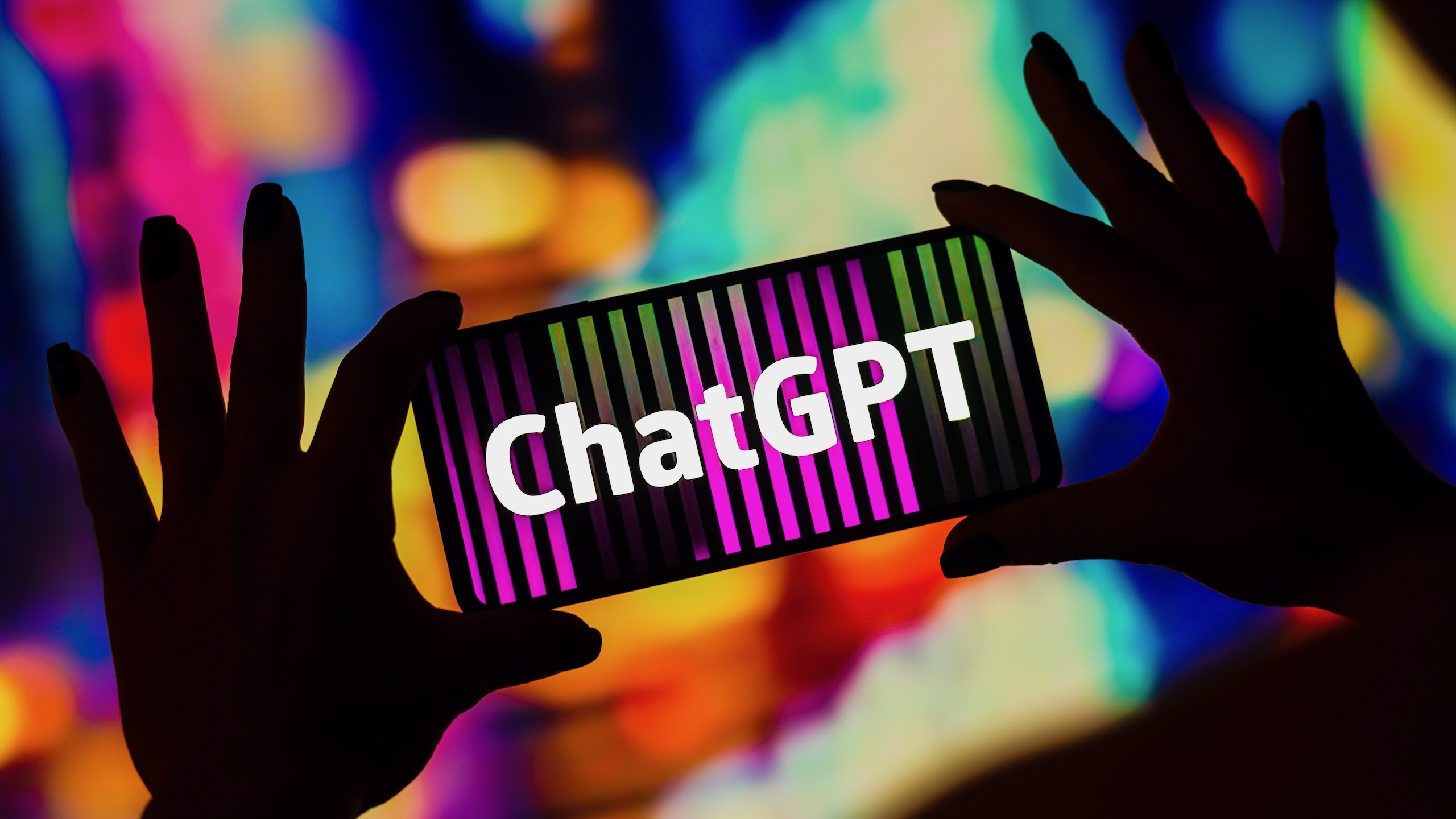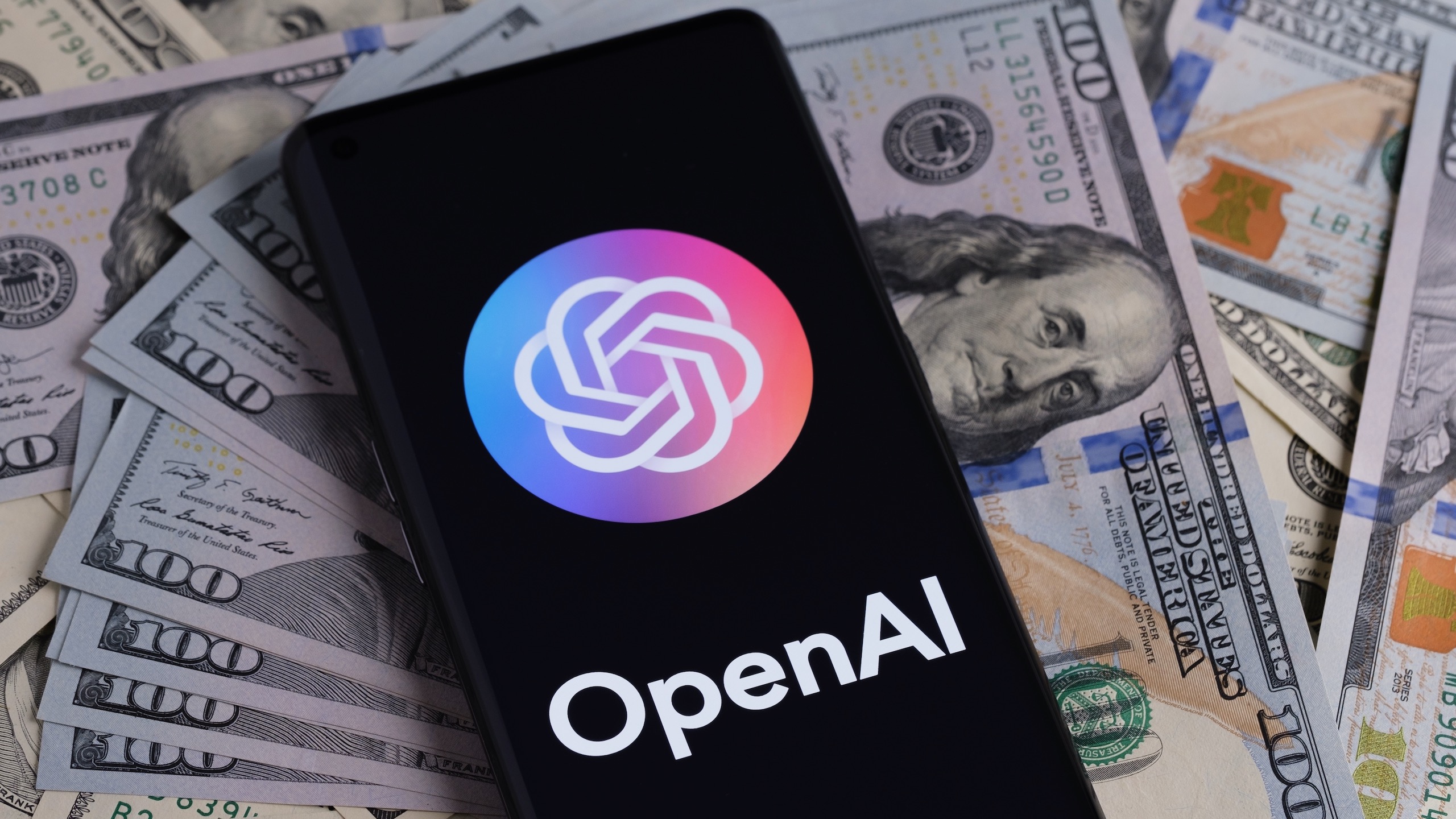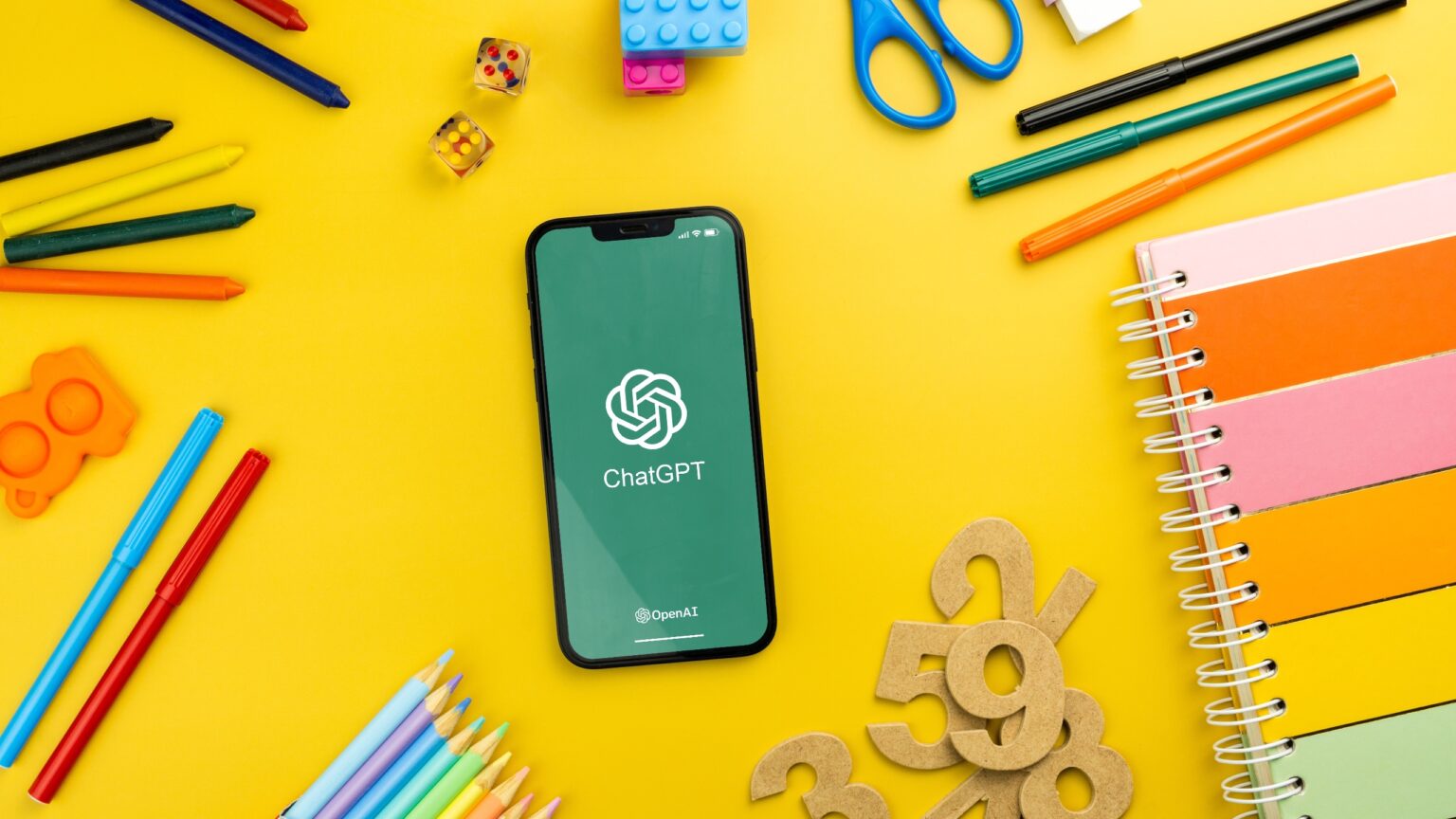Public schools in parts of the U.S., including Los Angeles and New York, reversed measures banning students from using ChatGPT for their studies, with some administrators admitting they acted rashly in blocking the popular AI chatbot, according to local reports.
School leaders are now looking at ways students could prompt ChatGPT to answer questions, just as they would with Google search queries, the Seattle Times reported on Sept. 3. The policy reversal comes despite concerns that students could use the chatbot to cheat.
Also read: ChatGPT Helps Iowa Schools to Ban Books

Unbanning ChatGPT
In Walla Walla, a city in Washington state that caters to around 5,500 students, dozens of teachers attended a one-day workshop to prepare students returning for the new academic year on how to navigate generative AI chatbots such as ChatGPT, the report said.
“I do want students to learn to use it [ChatGPT]. They are going to grow up in a world where this is the norm,” said Yazmin Bahena, a dual-language middle school social studies teacher who attended the workshop.
Trained on vast amounts of data from the Internet, ChatGPT is popular for its uncanny ability to complete tasks such as writing homework essays, fictional stories, math, and other texts. Developers like OpenAI and Google argue that AI tools can revolutionize learning.
School administrators throughout much of the world did not feel the same way. In February, authorities in Walla Walla banned students from using ChatGPT on public school devices, worried that it could lead to cheating, plagiarism, and misinformation.
Educators feared ChatGPT and other chatbots like it would undermine education. However, despite their sweeping restrictions on AI use in public schools, well-to-do students could still access the chatbot on their own private phones or computers at home.
Now, that has led to a change of mind among administrators in the U.S. According to Alberto M. Carvalho, the superintendent of the Los Angeles Unified School District, the city is now taking steps to bring about a more “permissive policy” on ChatGPT use in public schools.
“Children who have devices and unfiltered, unfettered connectivity at home are already benefiting from access to these tools,” Carvalho told the Seattle Times.
“Students who depend on district devices and connectivity are restricted,” he added.

OpenAI releases ChatGPT for teachers
Several school districts in the U.S. are reconsidering their previous bans on ChatGPT. In May, New York City schools admitted they acted rashly in banning the AI chatbot and would lift the ban on ChatGPT. New questions have emerged regarding the use of AI tools in schools.
It includes questions such as whether it still counts as cheating if students leverage AI bots to generate rough texts that they can rewrite themselves. Still, some districts, like Milwaukee, continue to have ChatGPT restrictions in place, and New Jersey is trying out custom AI bots.
In Walla Walla, authorities are looking to adopt ChatGPT as an aid for teachers to plan their lessons better and for students to learn how to prompt the AI chatbot in the same way they would query Google.
“The world our kids are inheriting is going to be full of AI, and we need to make sure they are well equipped for it, both the benefits and the drawbacks,” Wade Smith, the superintendent of Walla Walla Public Schools, said, according to the Seattle Times.
“Putting our heads behind the curtain or under the sheets and hoping it goes away is simply not reality.”
Meanwhile, ChatGPT creator OpenAI released a guide for teachers using the chatbot in their classrooms. The guide includes suggested prompts, an explanation of how ChatGPT works and its limitations, the efficacy of AI detectors, and bias, the company said in a blog post.
University professors, including Helen Crompton of Old Dominion University, encourage their students to use ChatGPT for things like role-playing conversations, tests, building quizzes, and translations for English lessons.
We’re releasing a guide for teachers using ChatGPT in their classroom — including suggested prompts, an explanation of how ChatGPT works and its limitations, the efficacy of AI detectors, and bias. https://t.co/rVFdEUH6ph
— OpenAI (@OpenAI) August 31, 2023
OpenAI launched ChatGPT in November last year, starting a major race involving Big Tech. From Silicon Valley to Beijing, companies are building their own AI chatbots to rival ChatGPT. For example, Google built Bard, Microsoft integrated ChatGPT and Baidu built Ernie.









 and then
and then